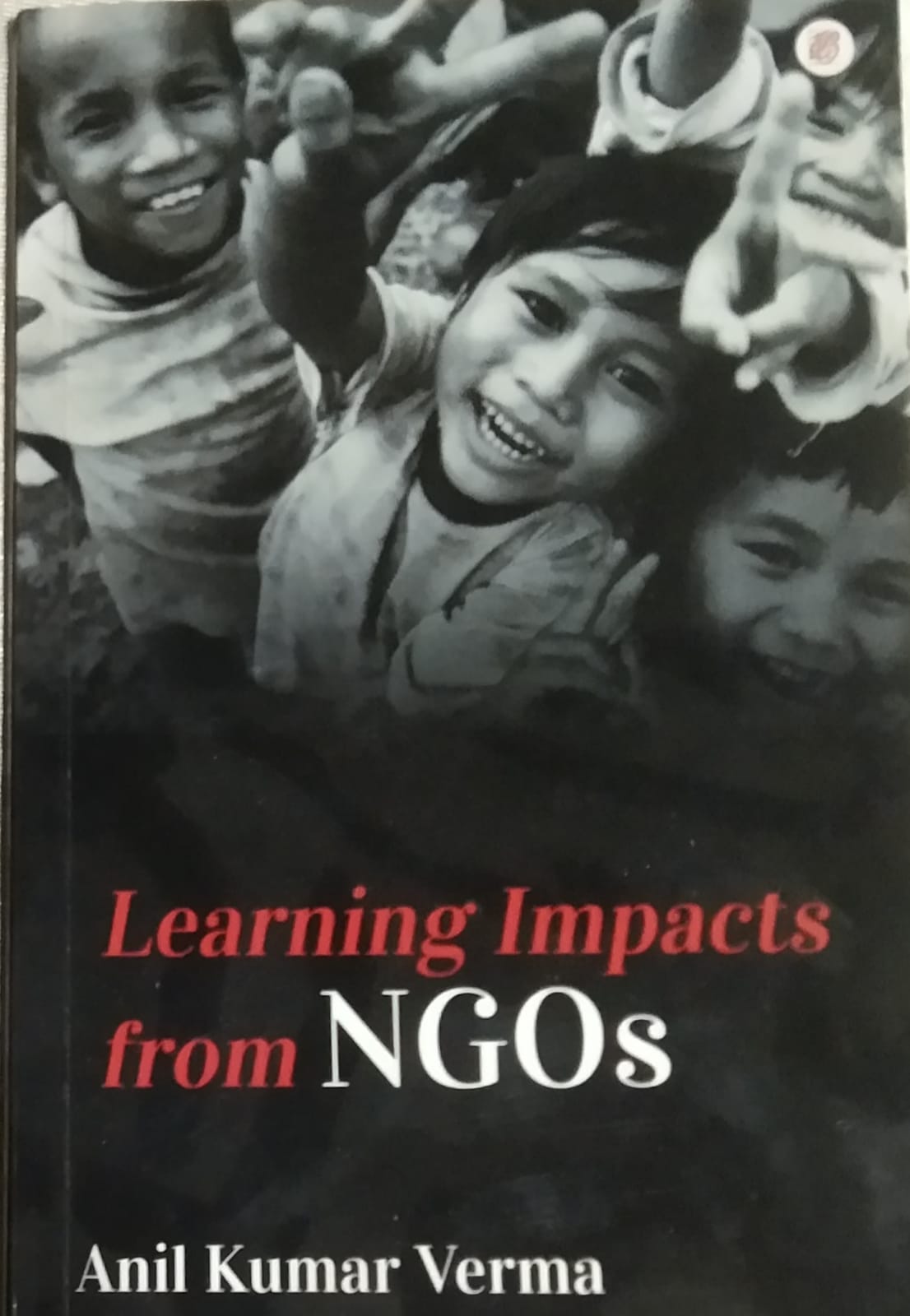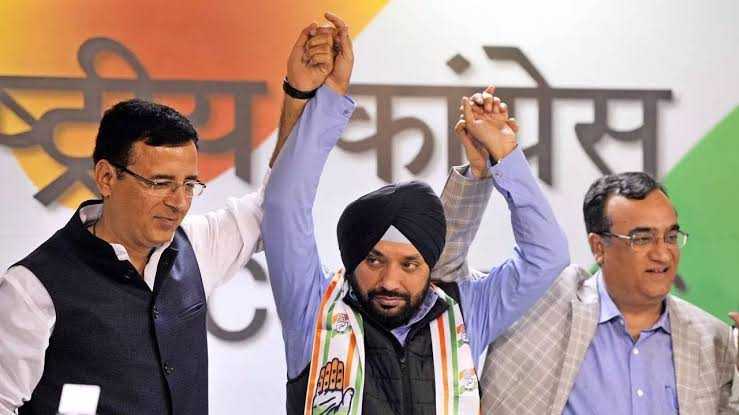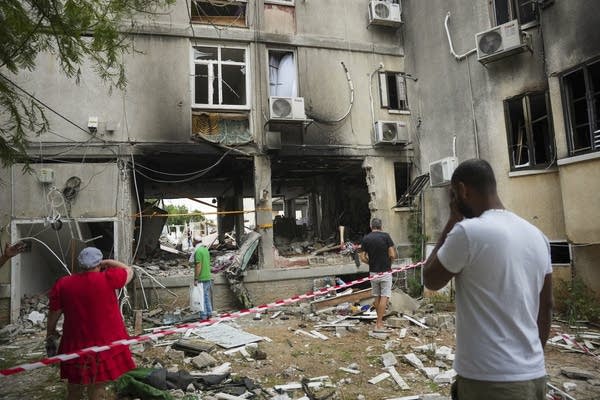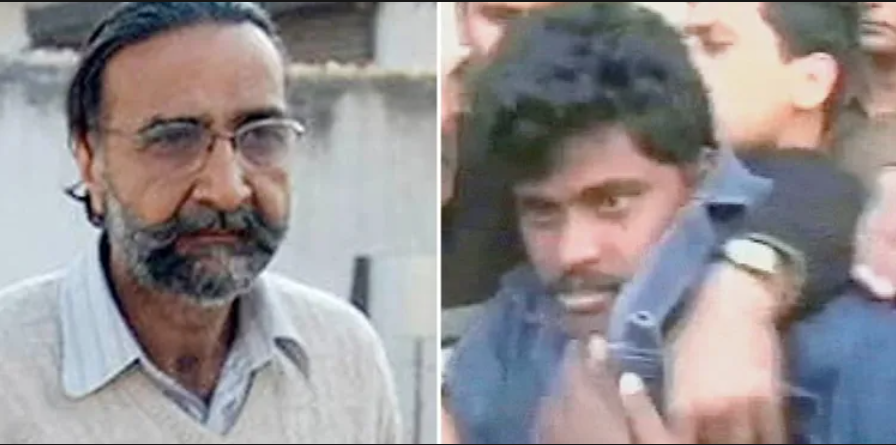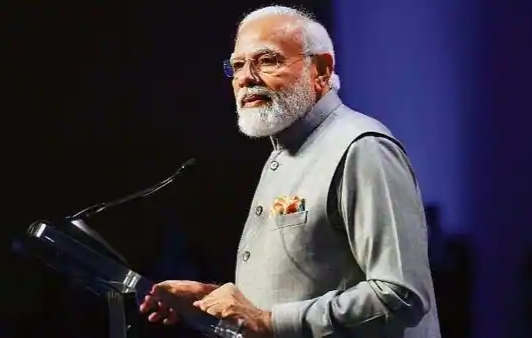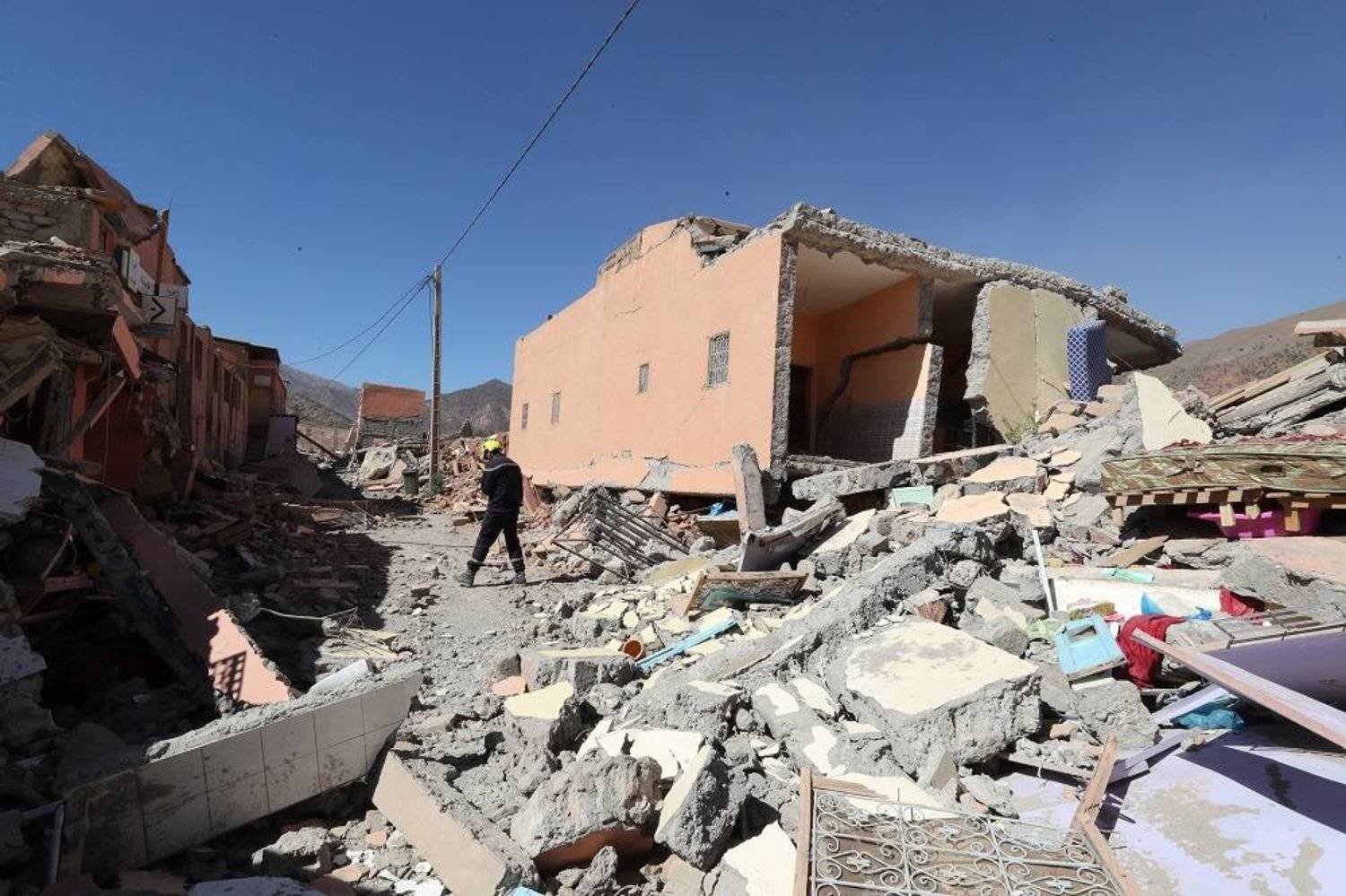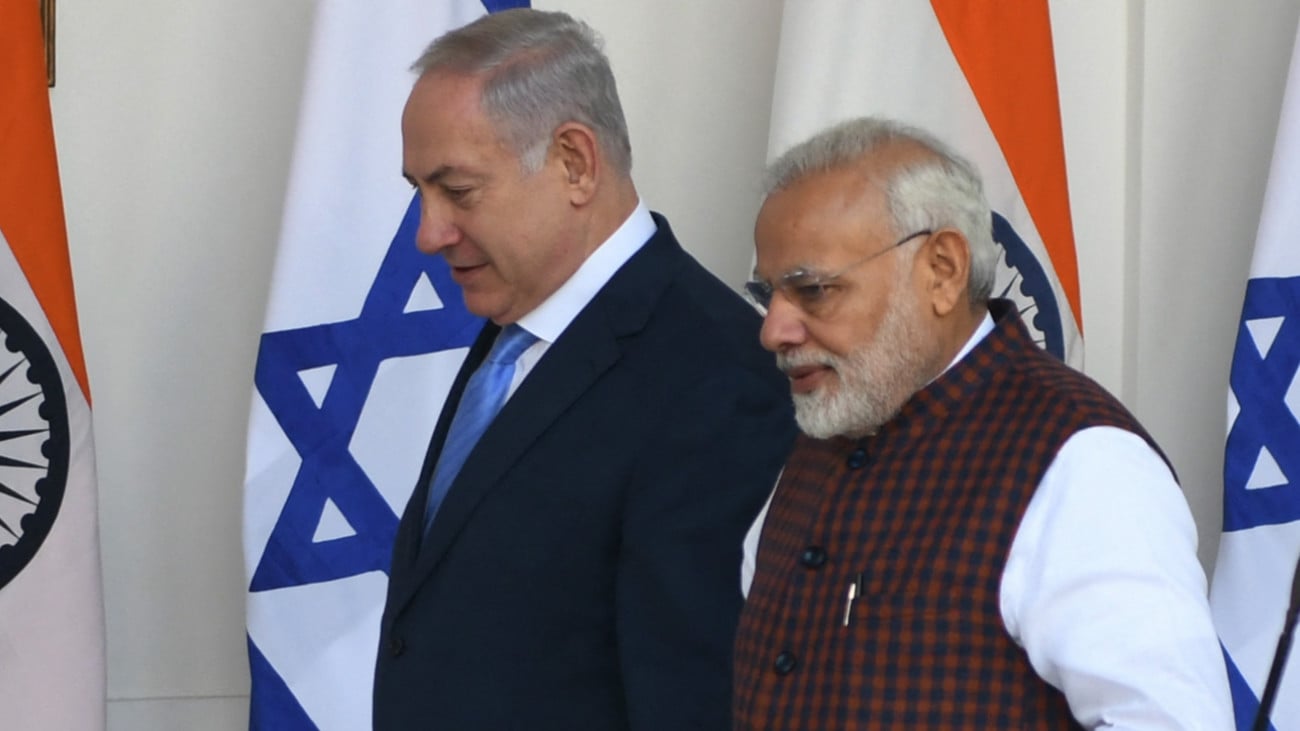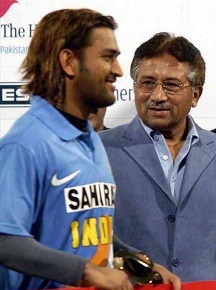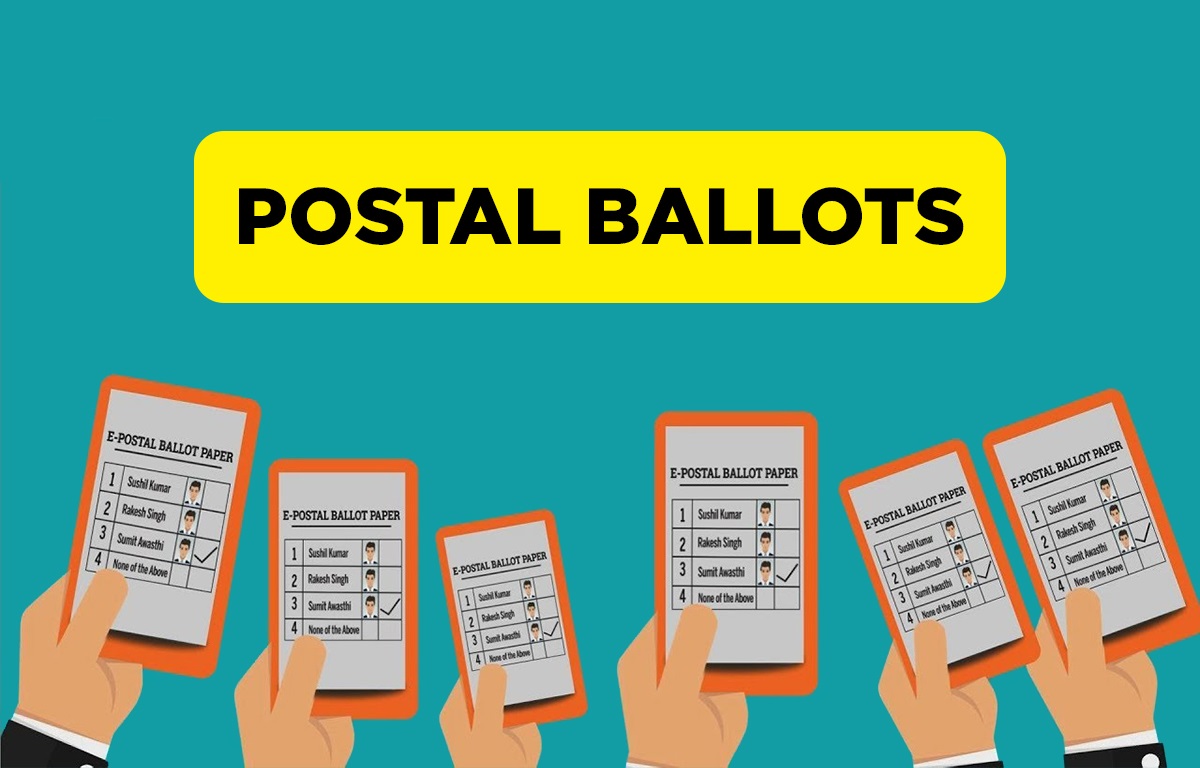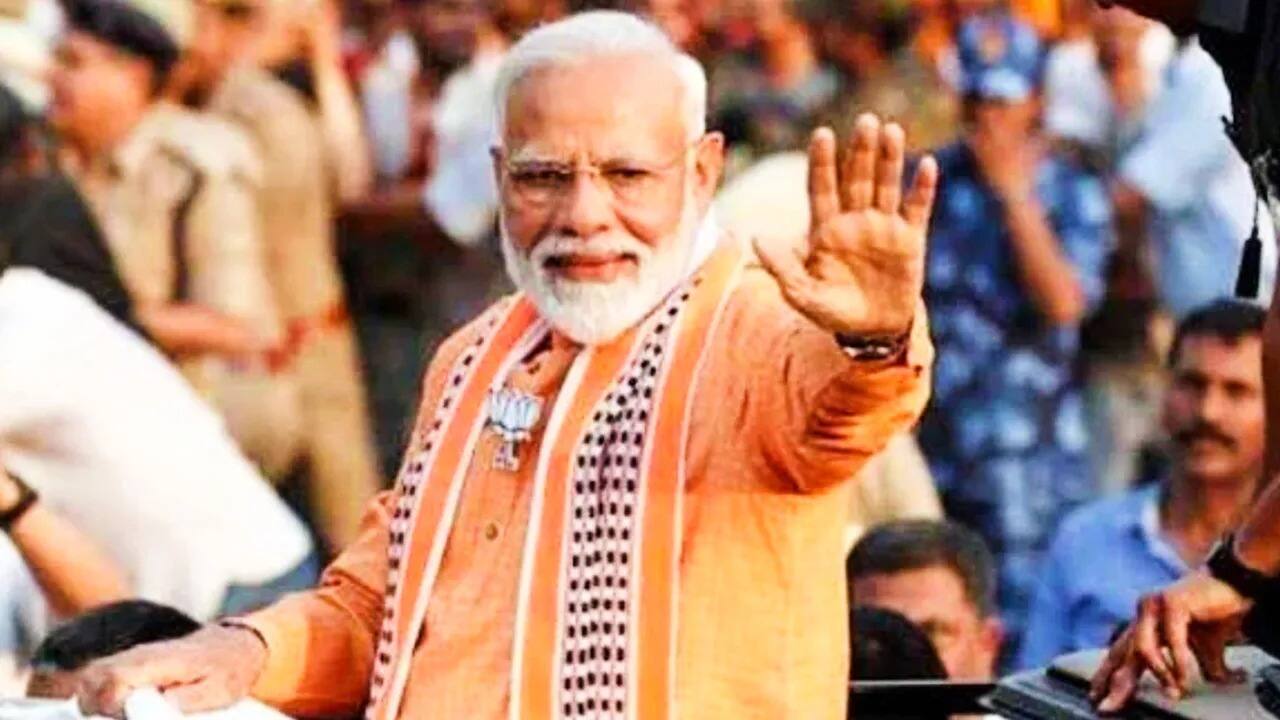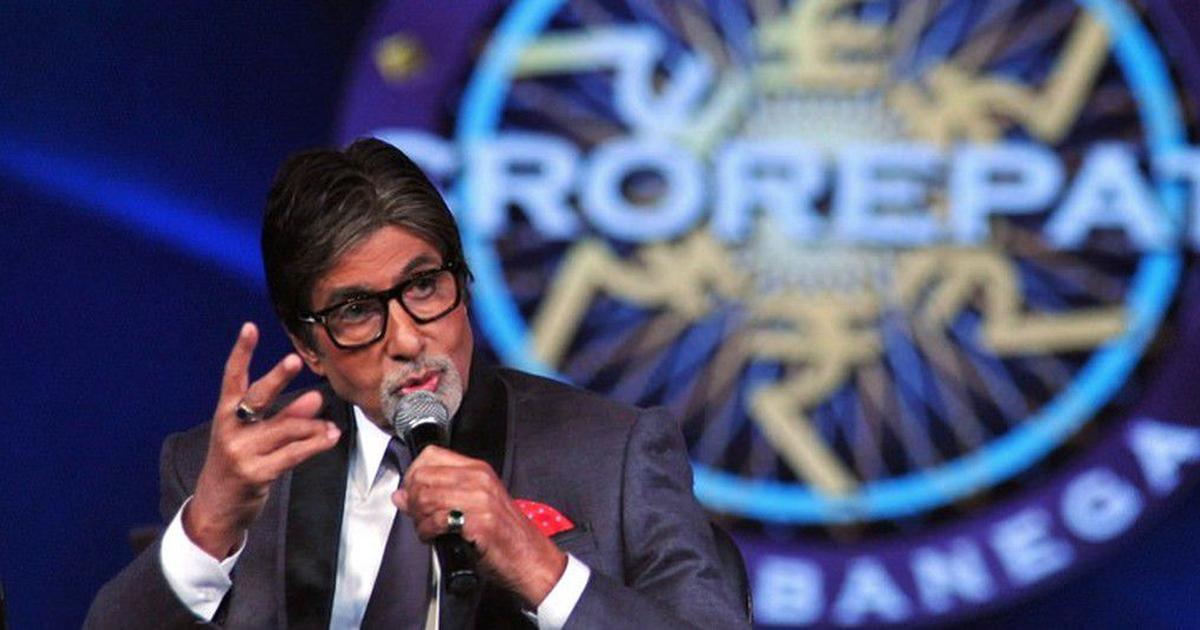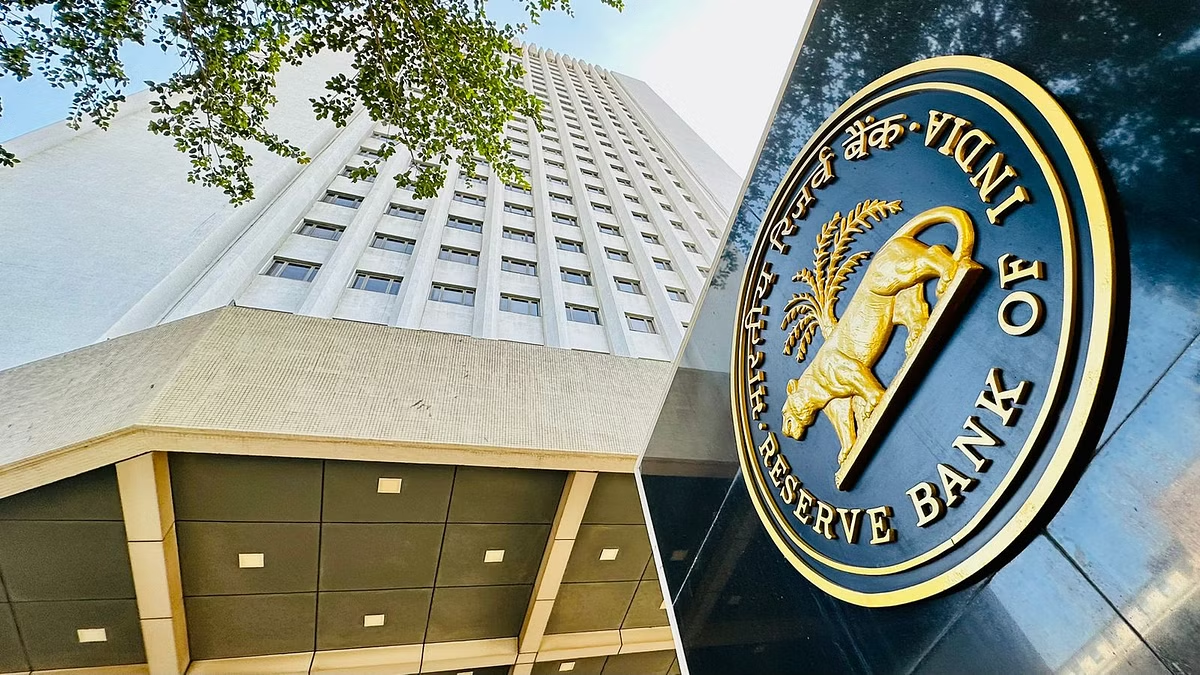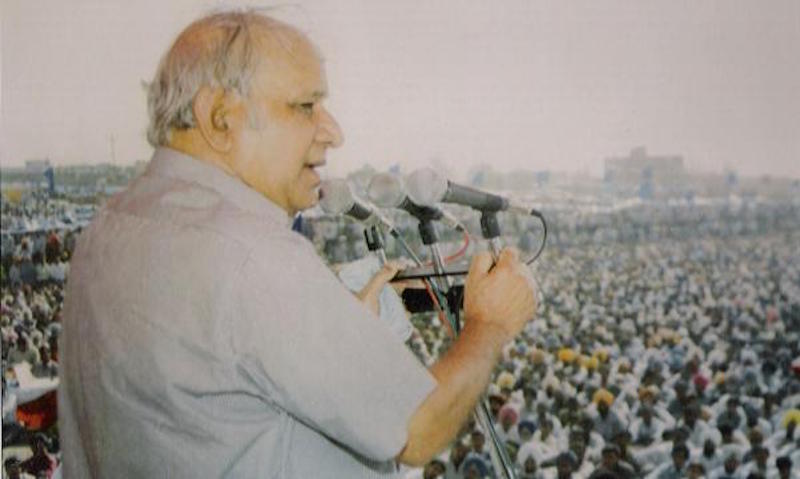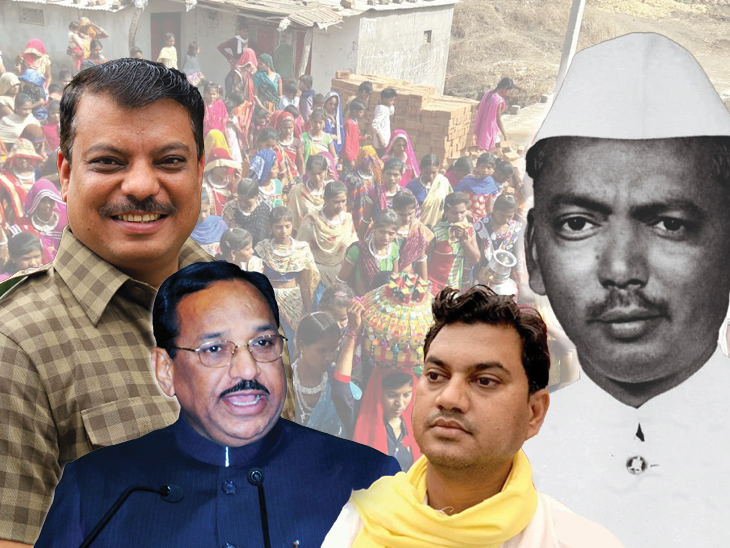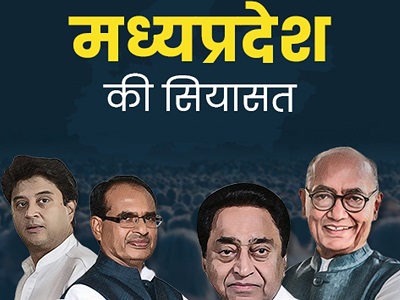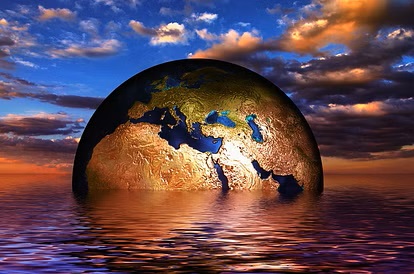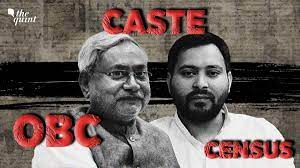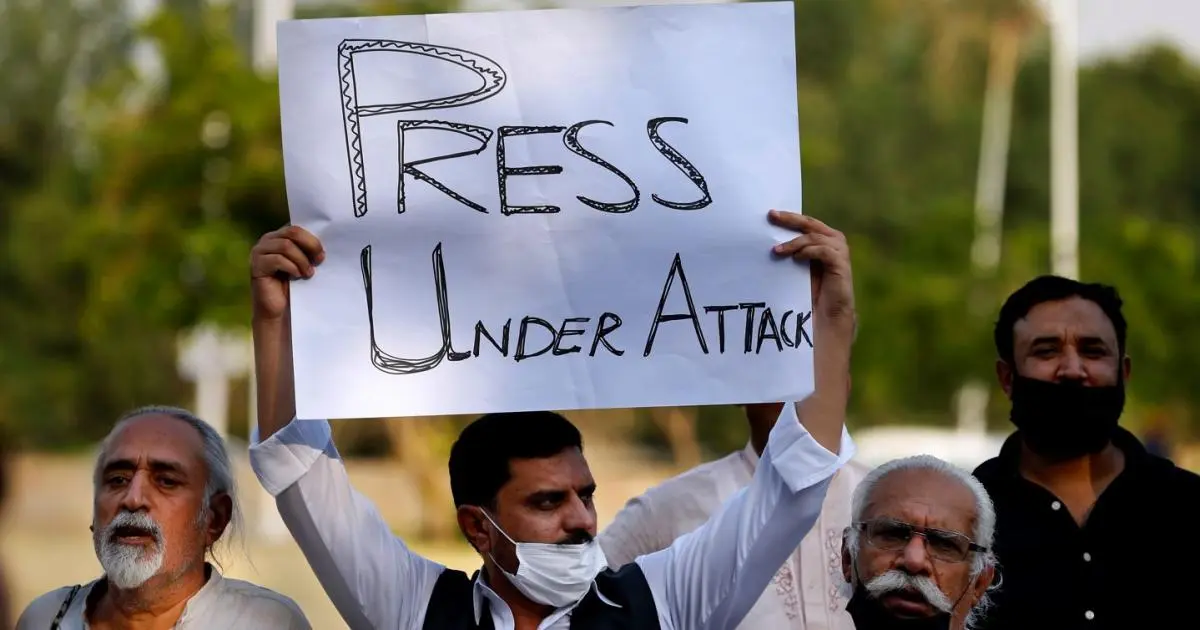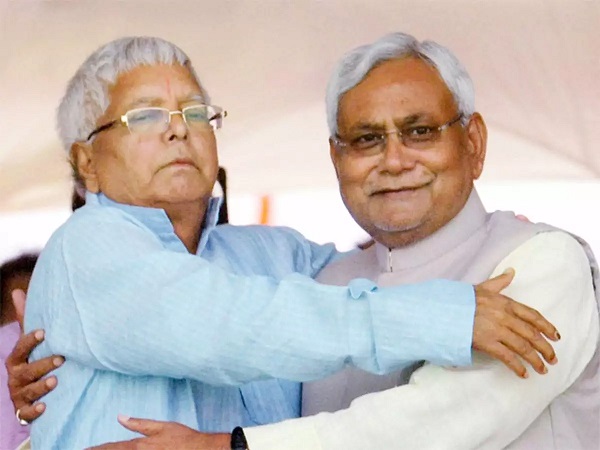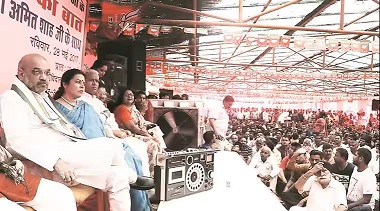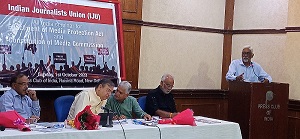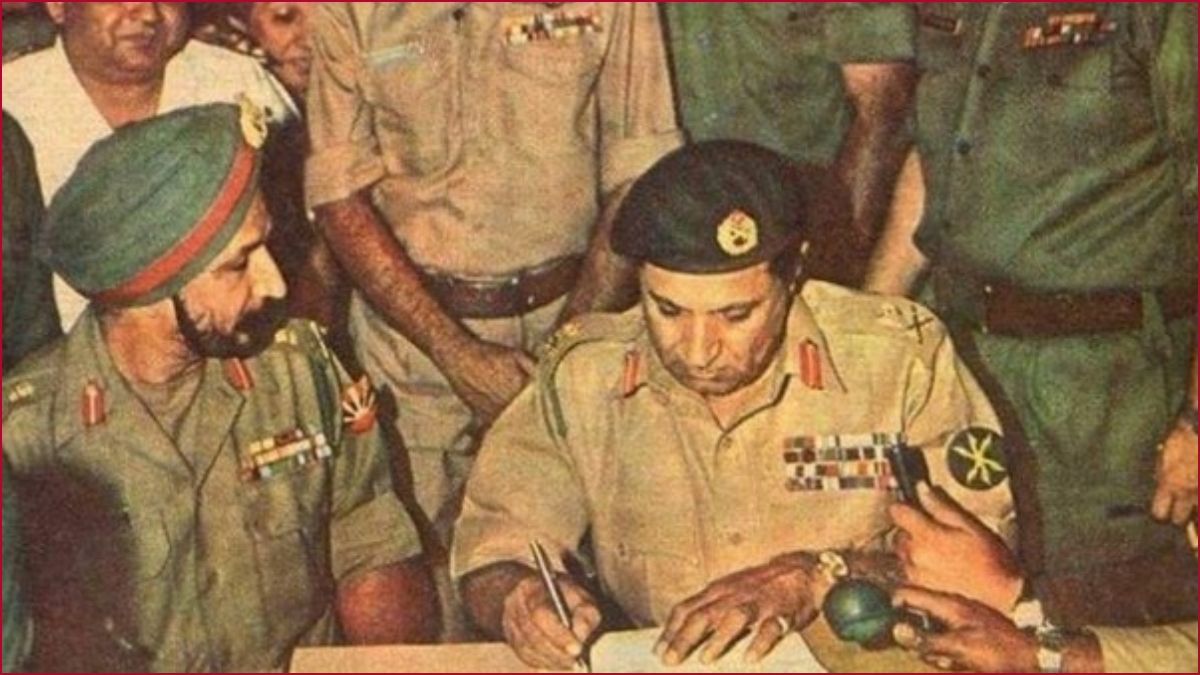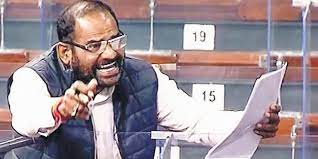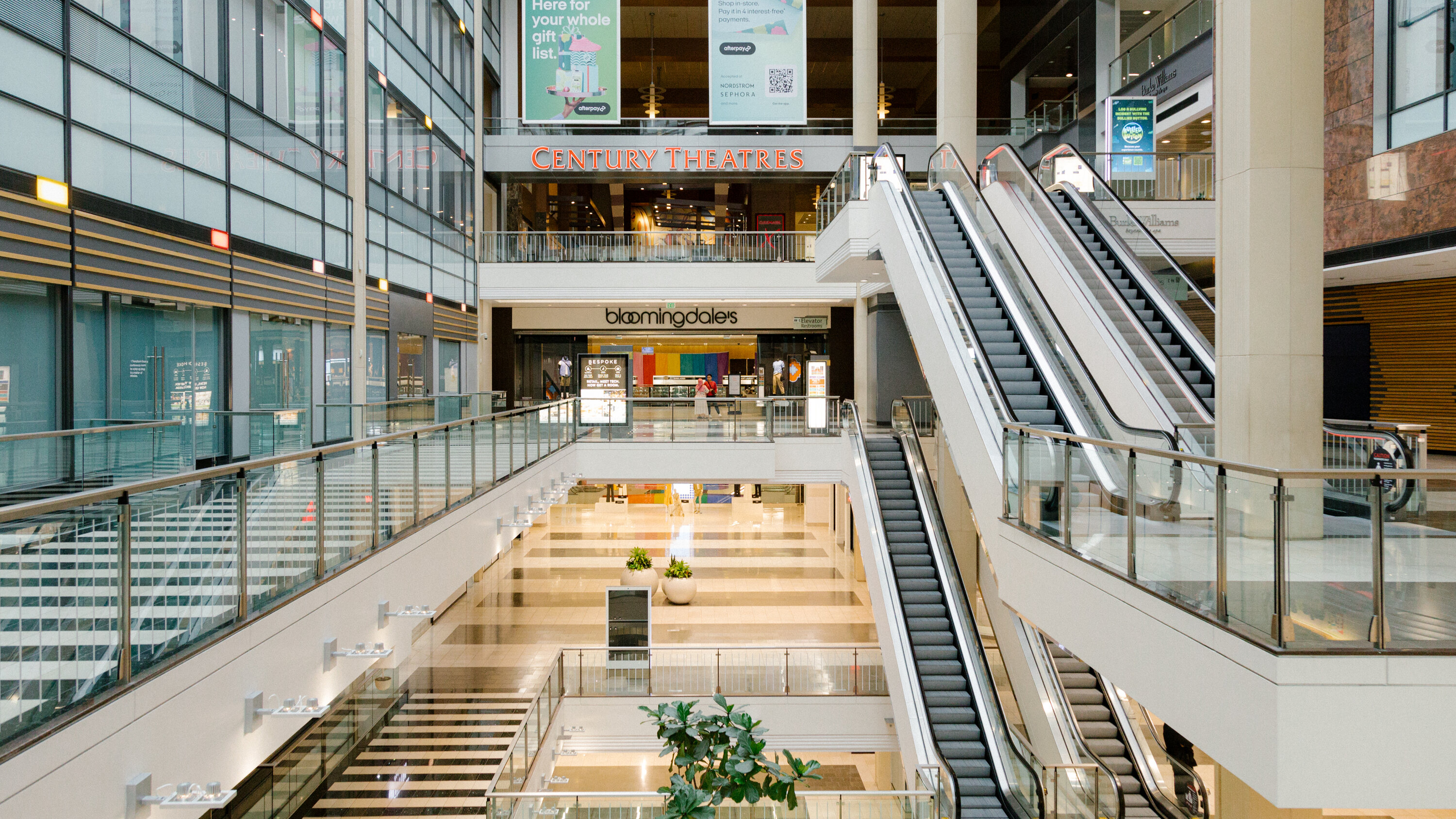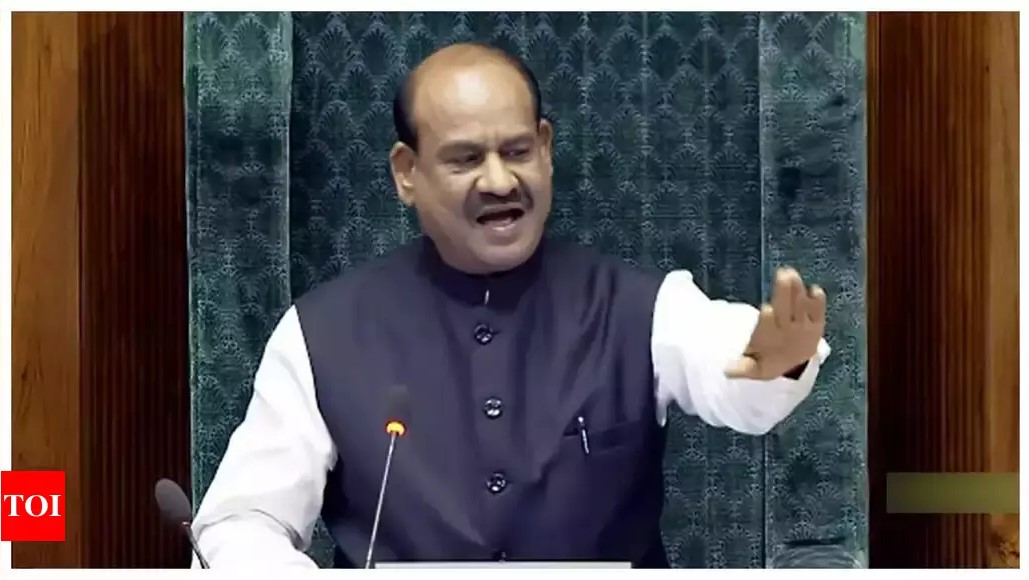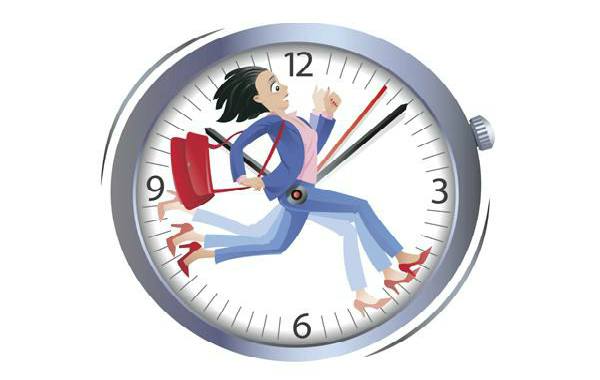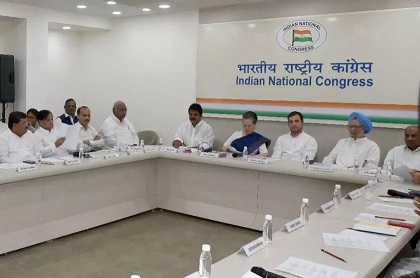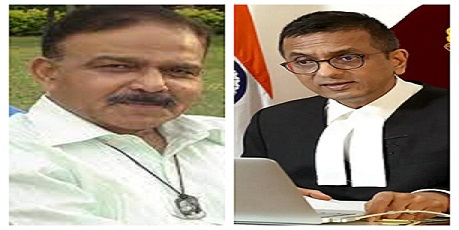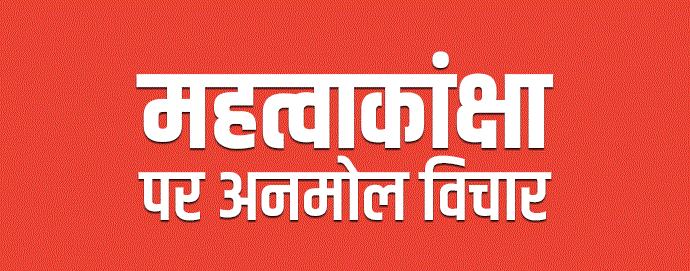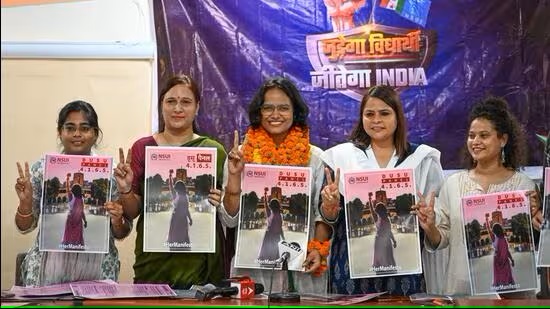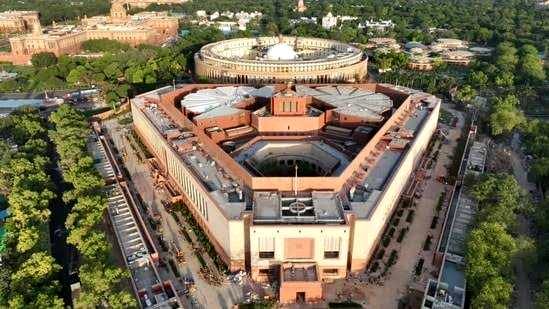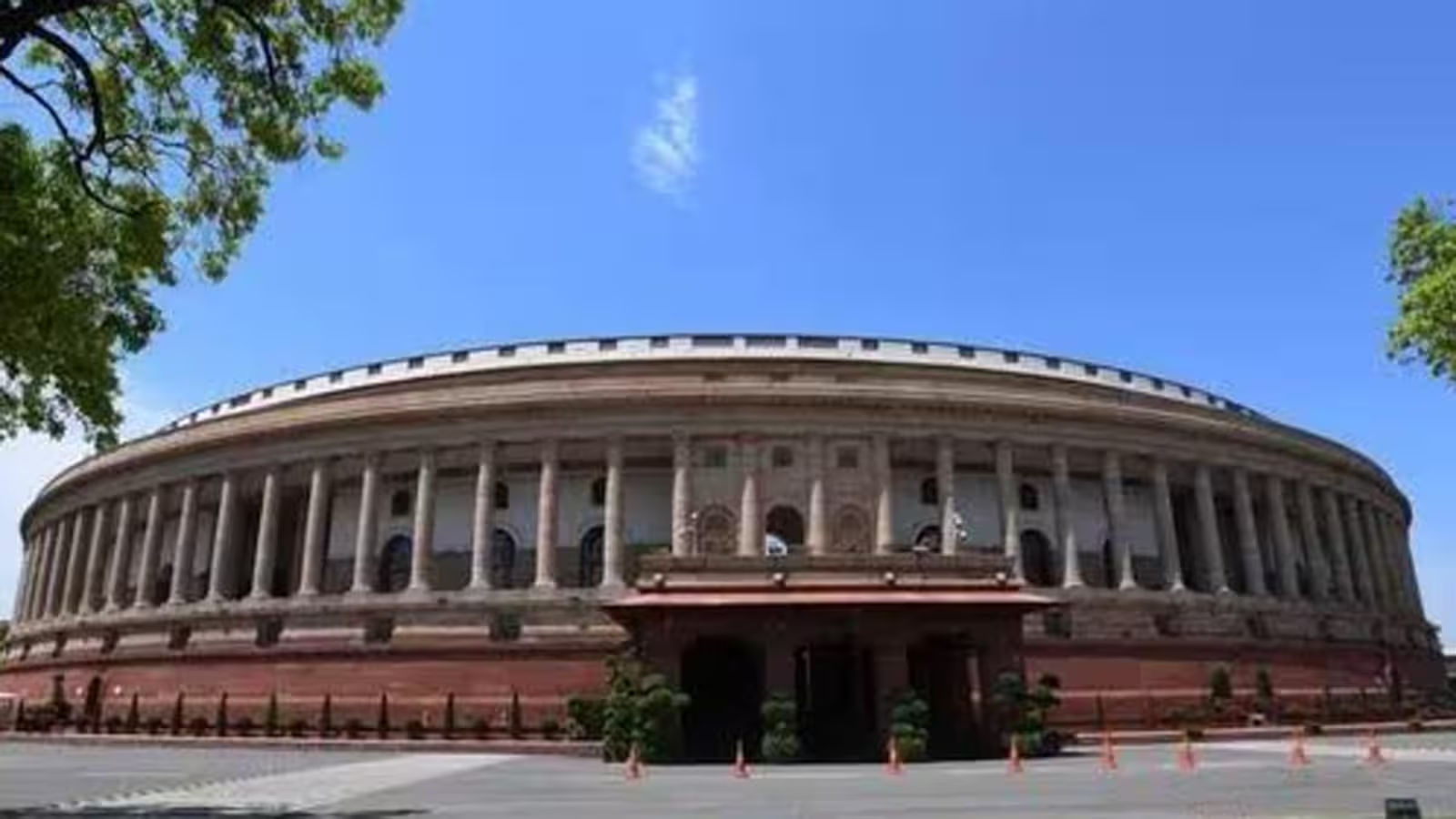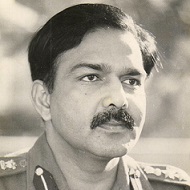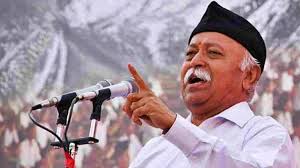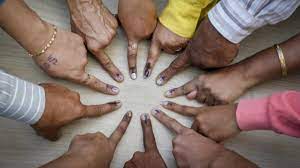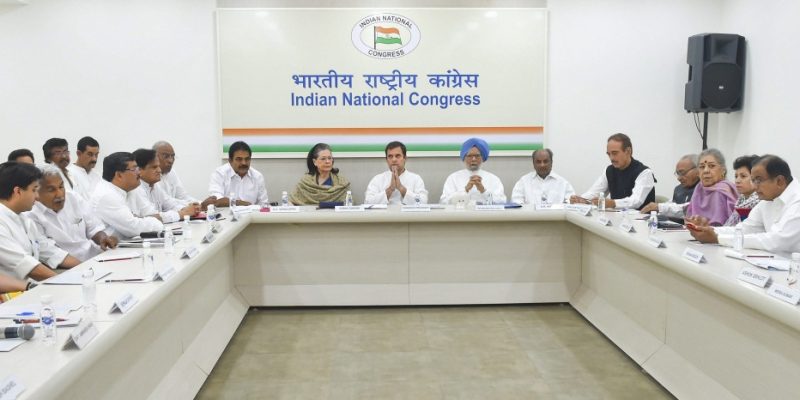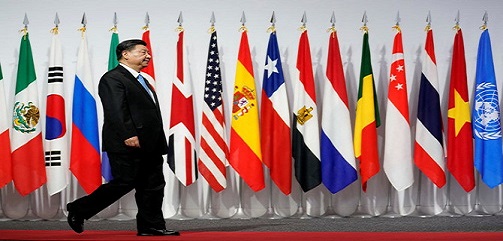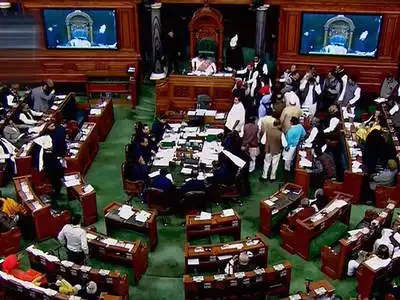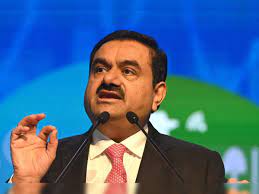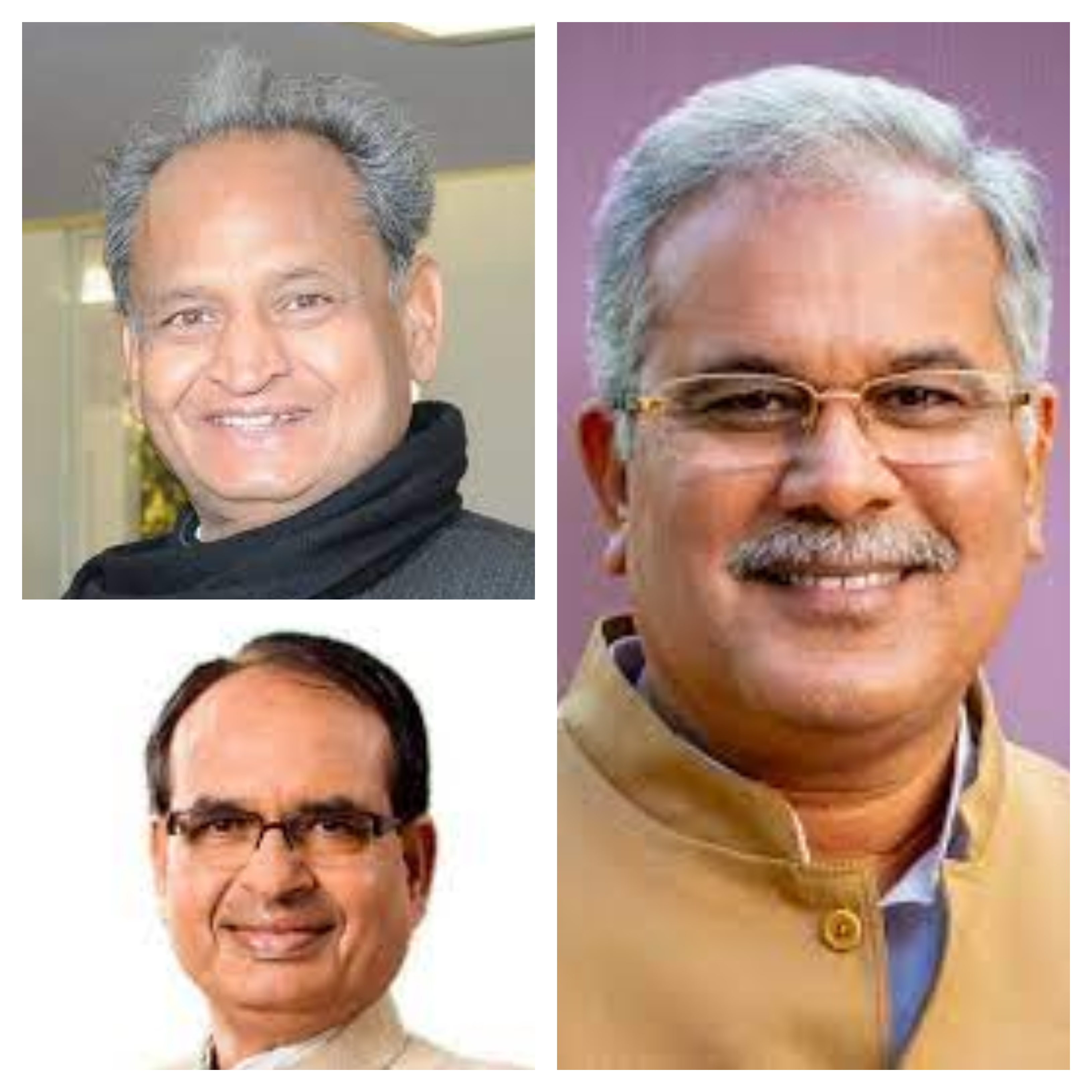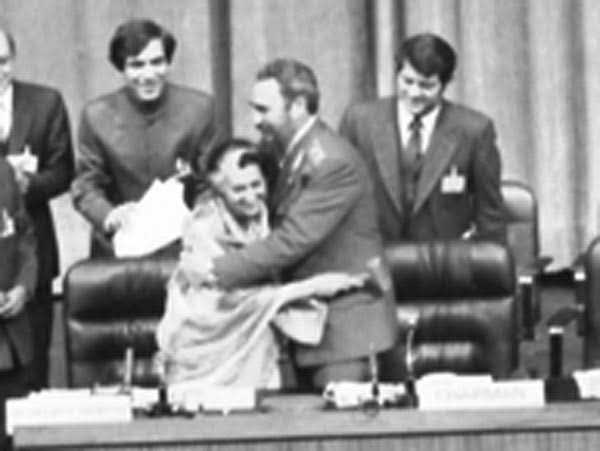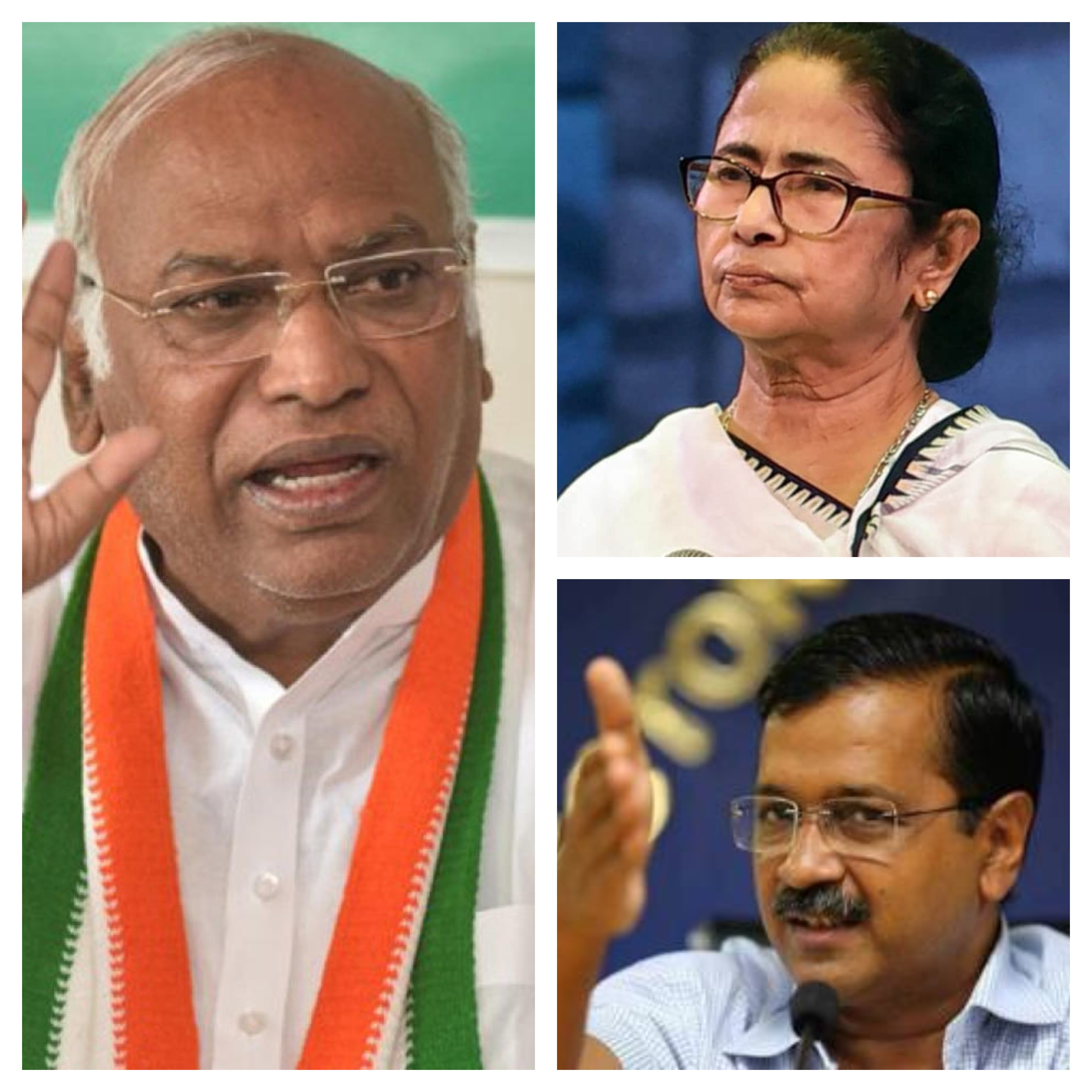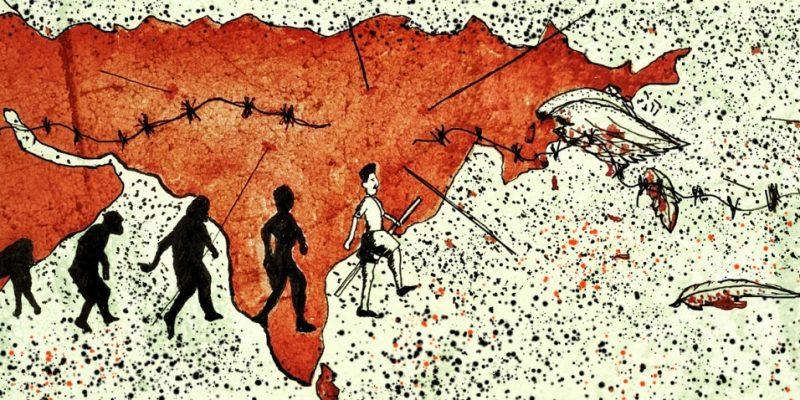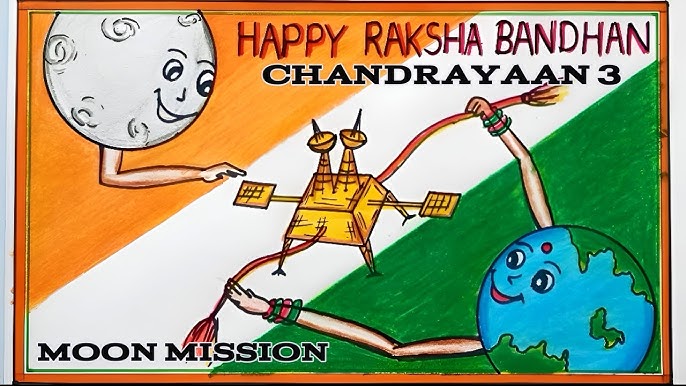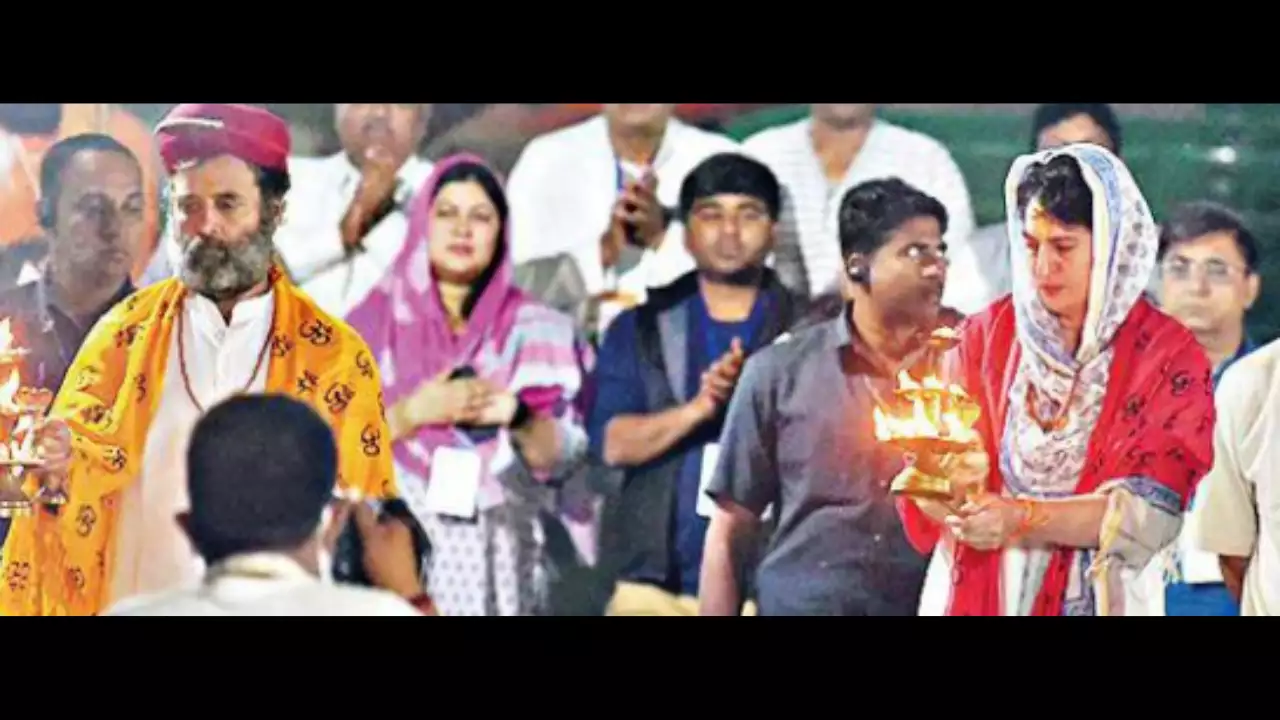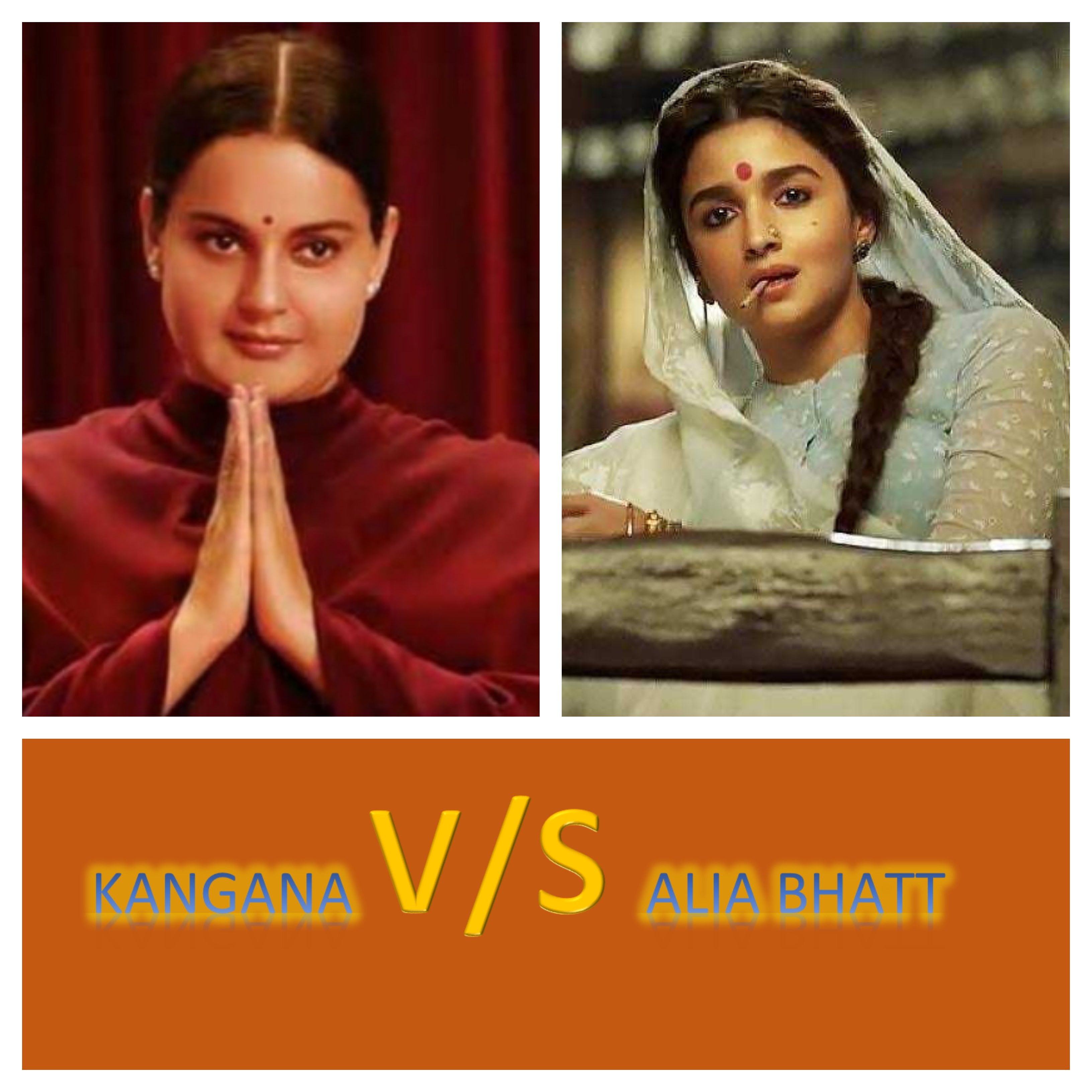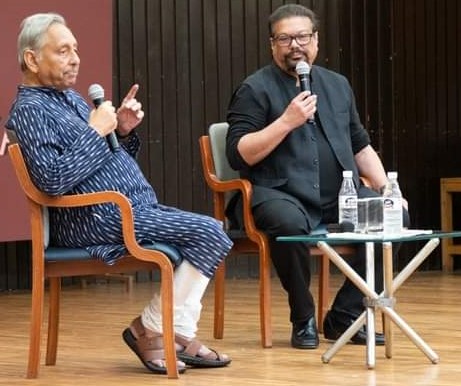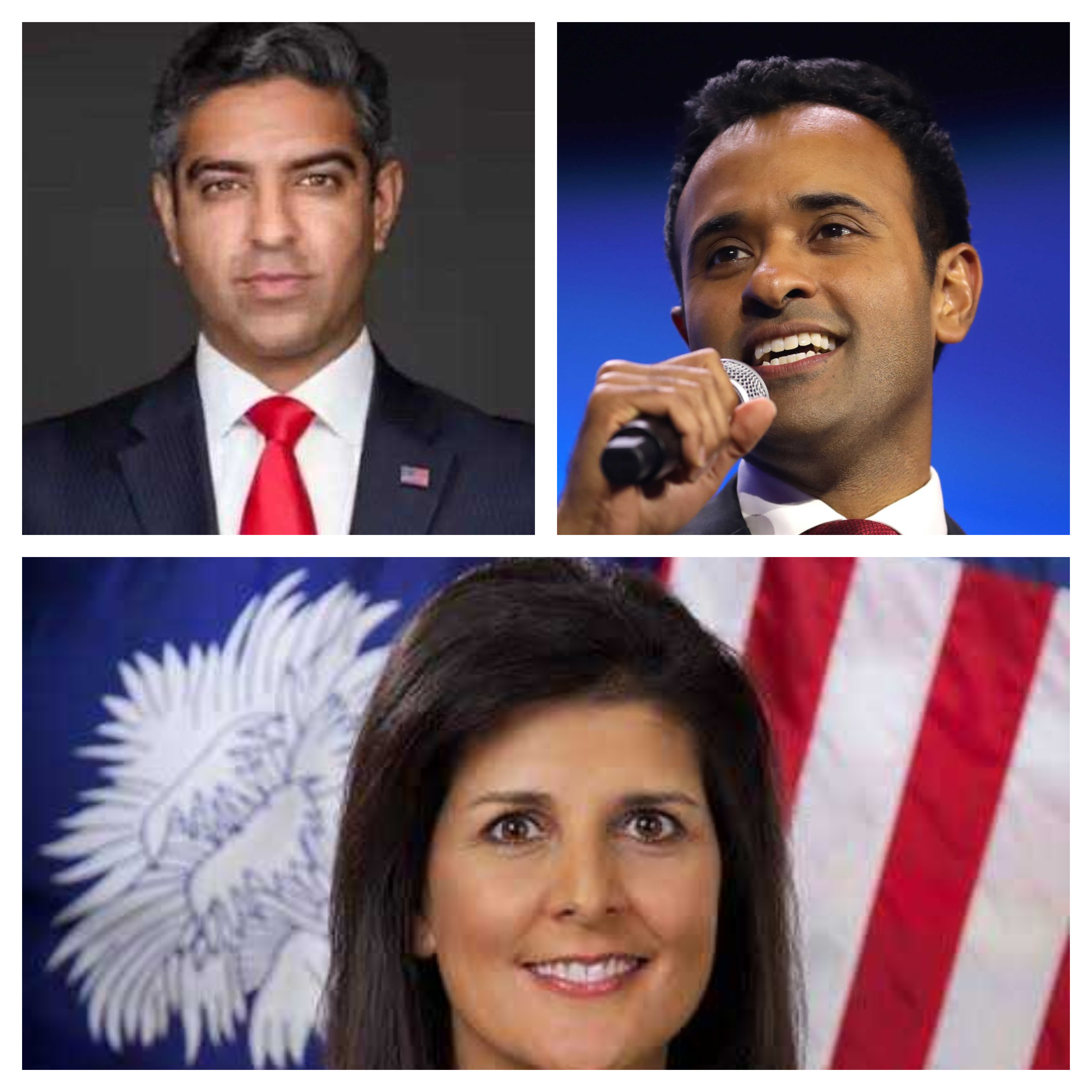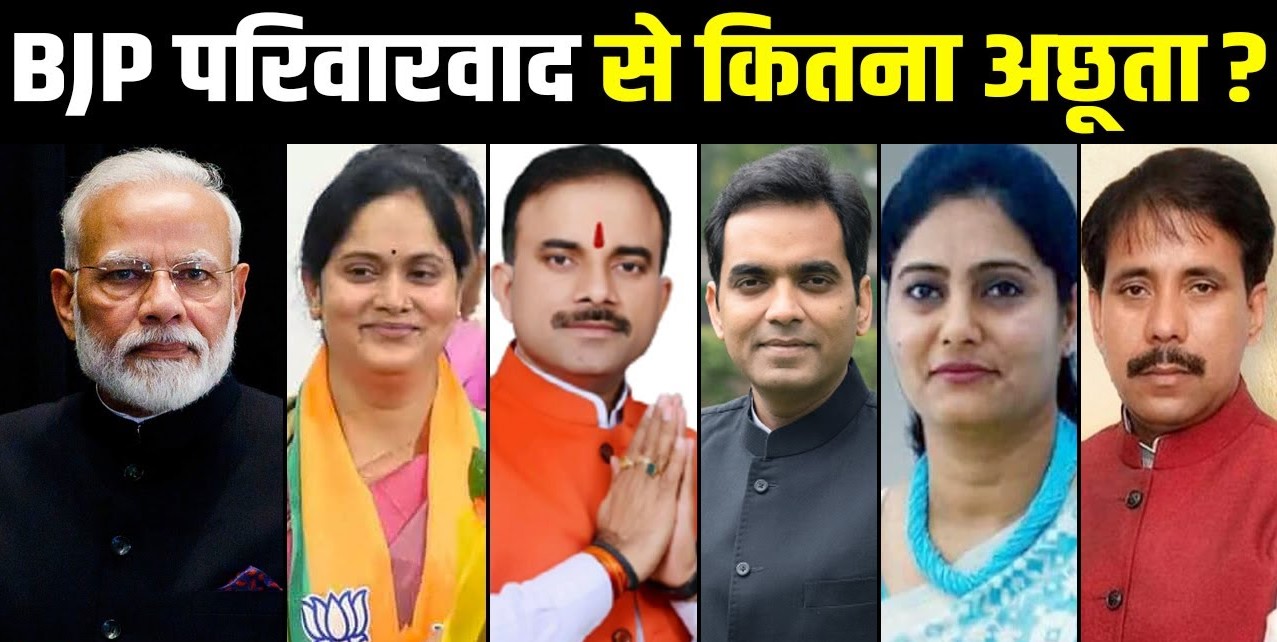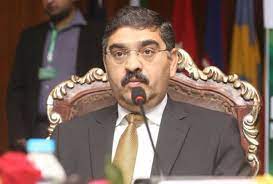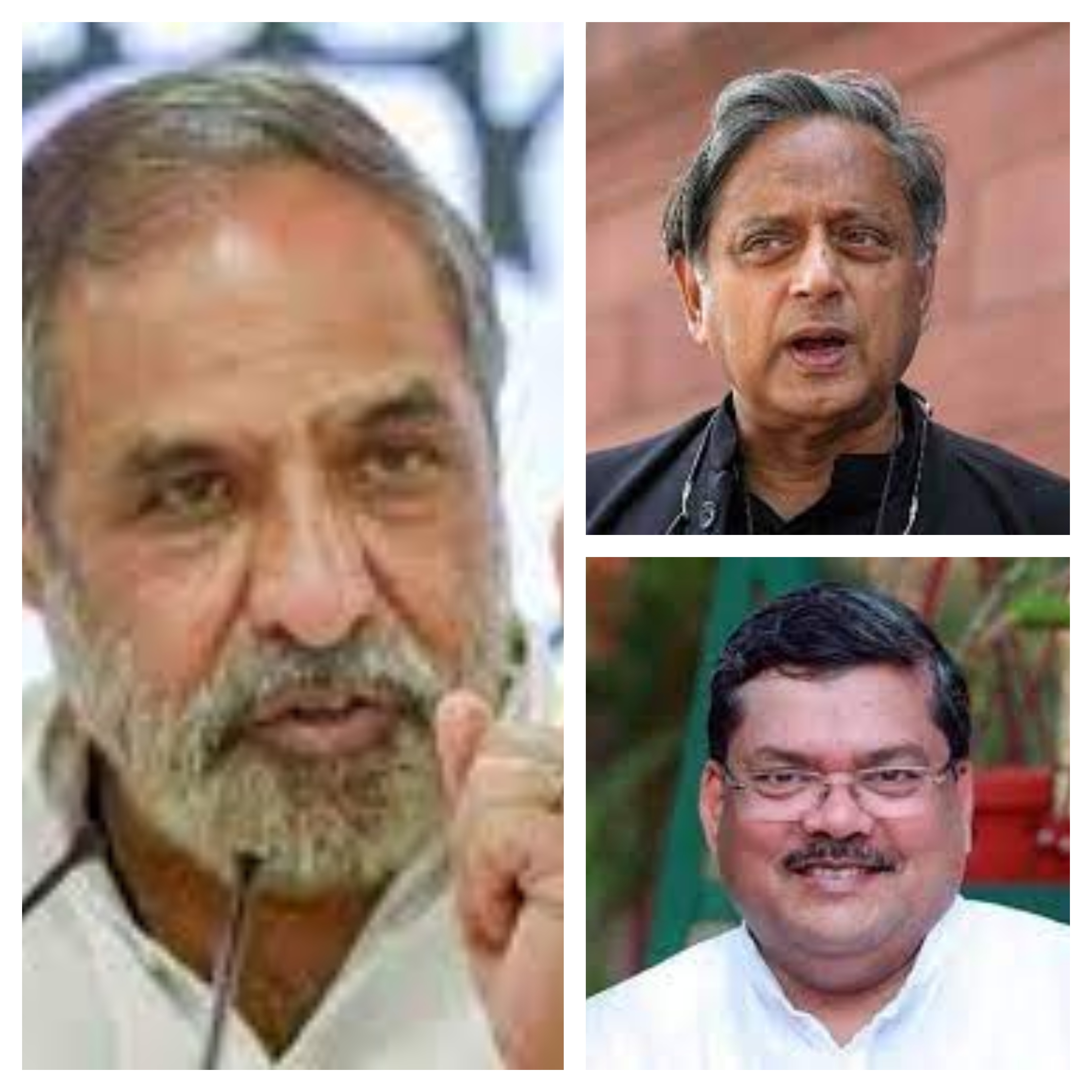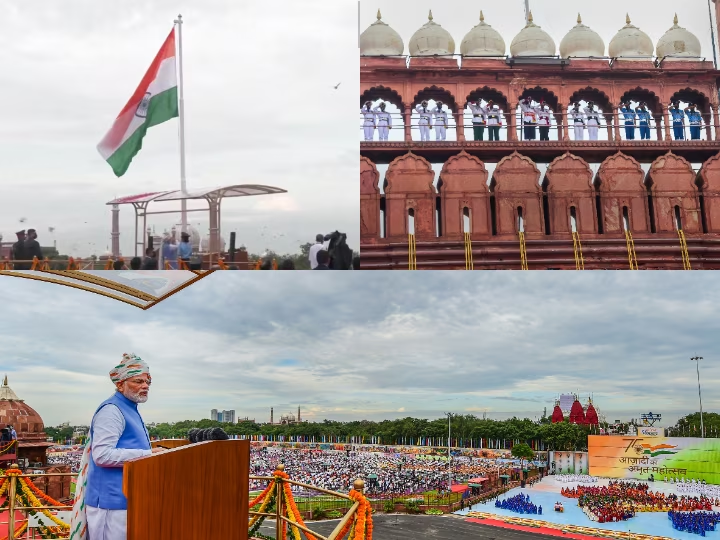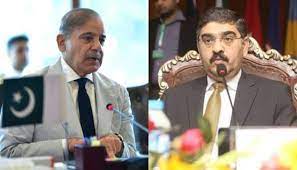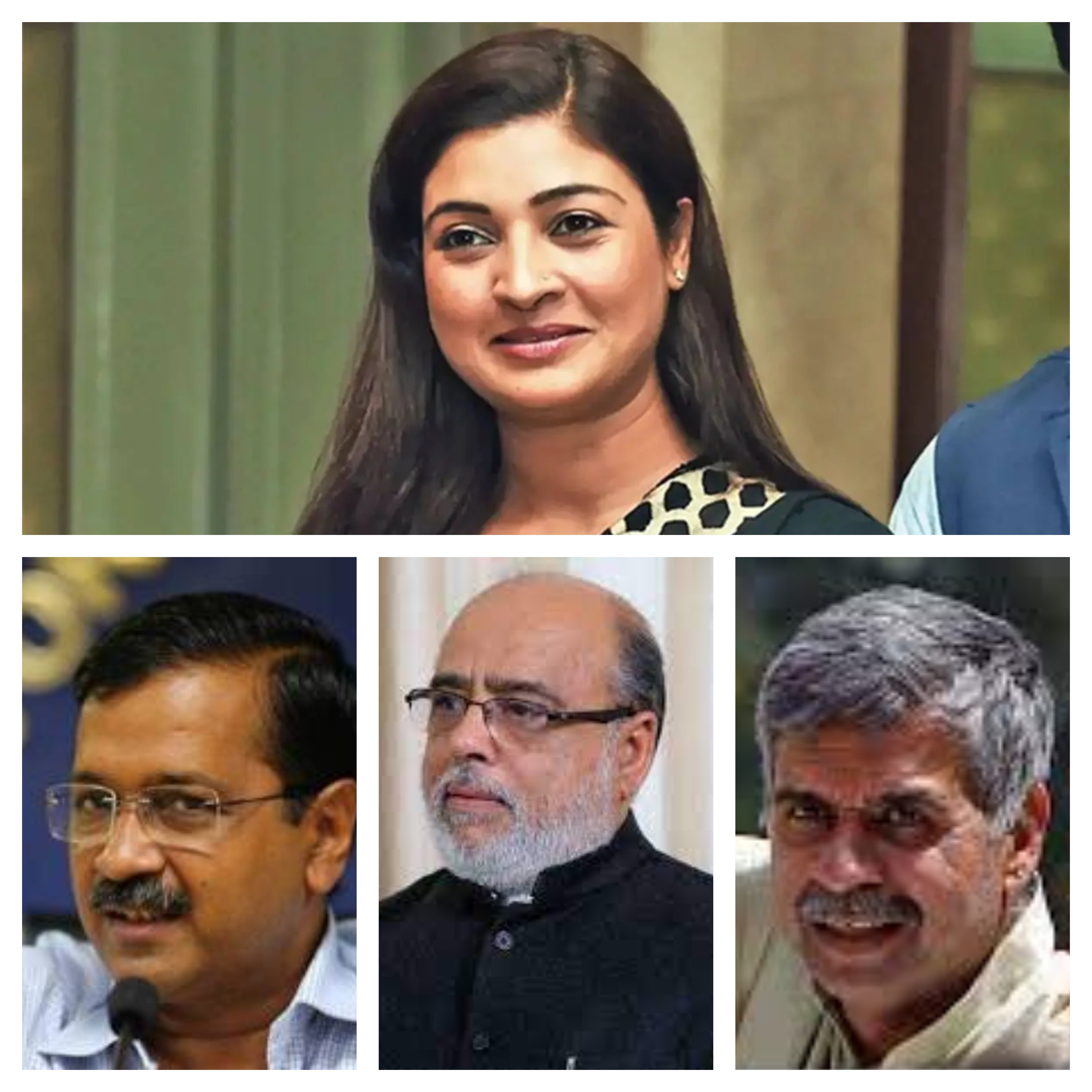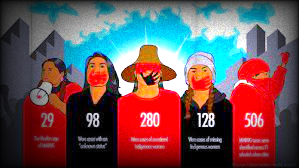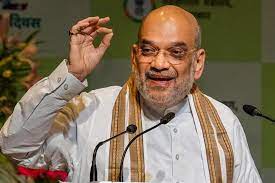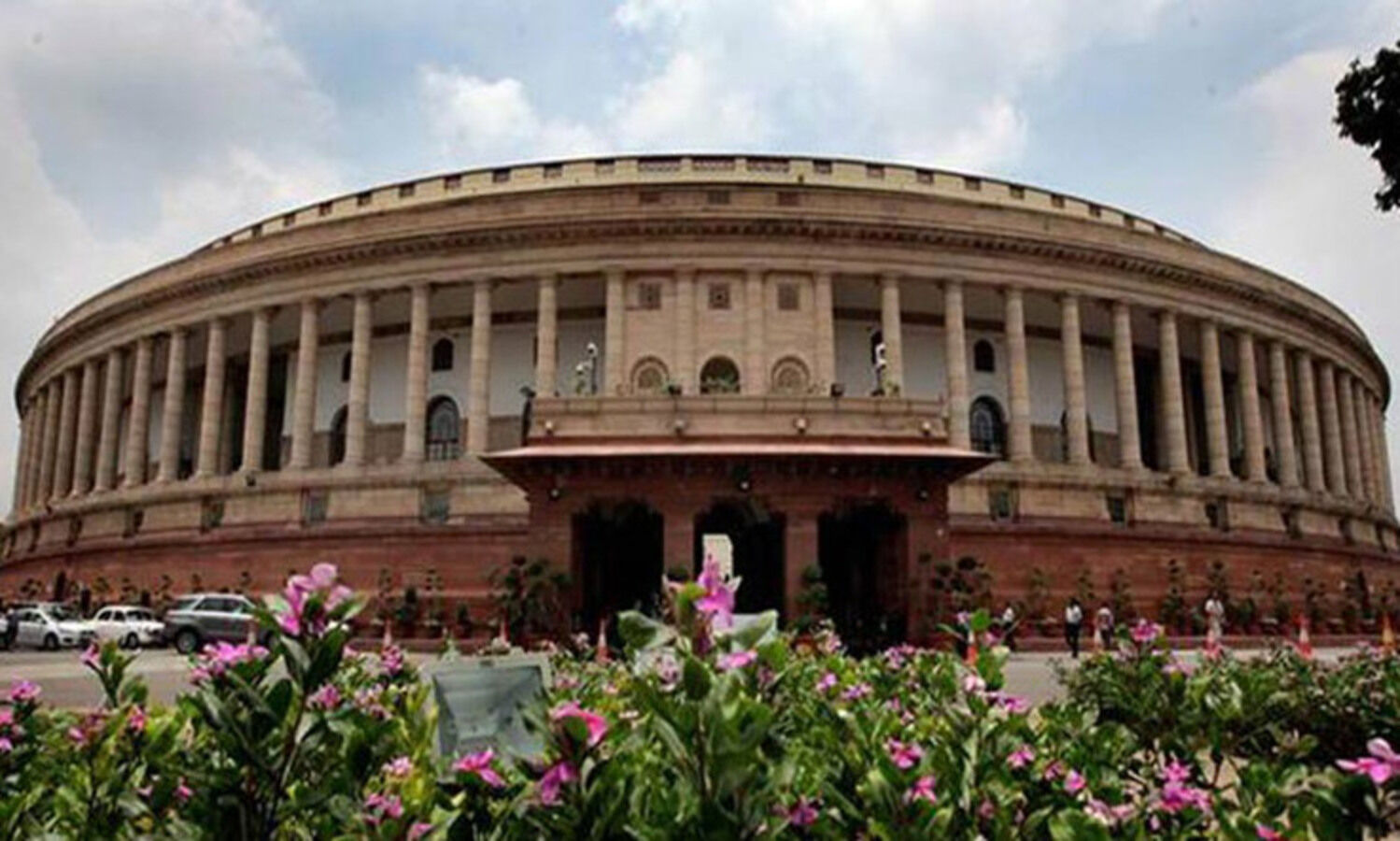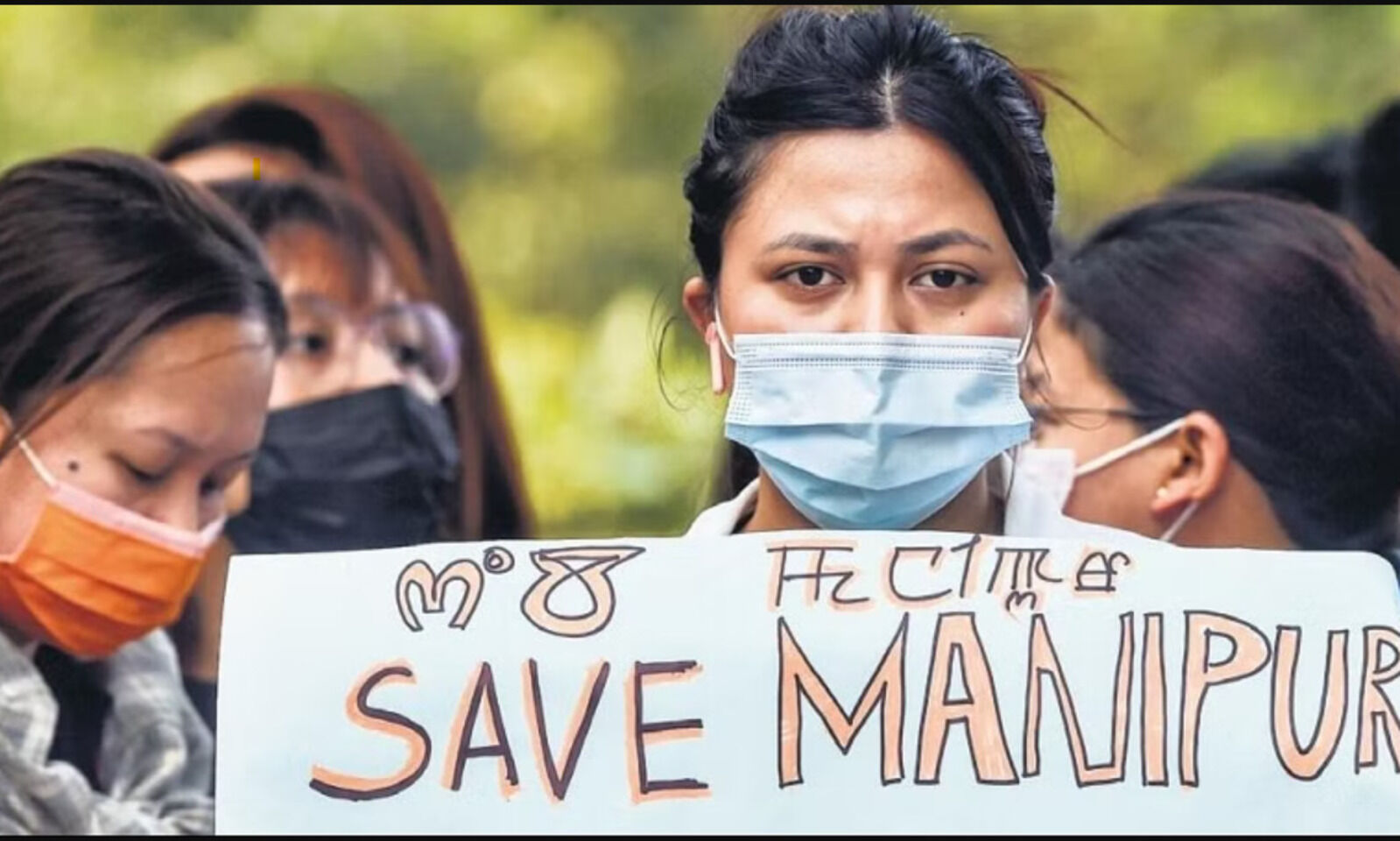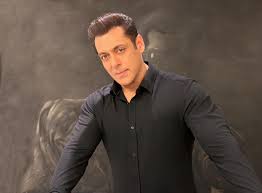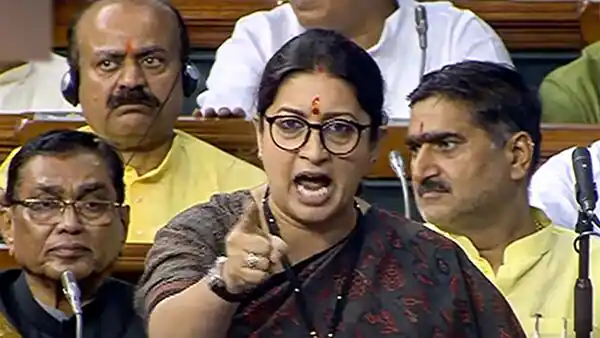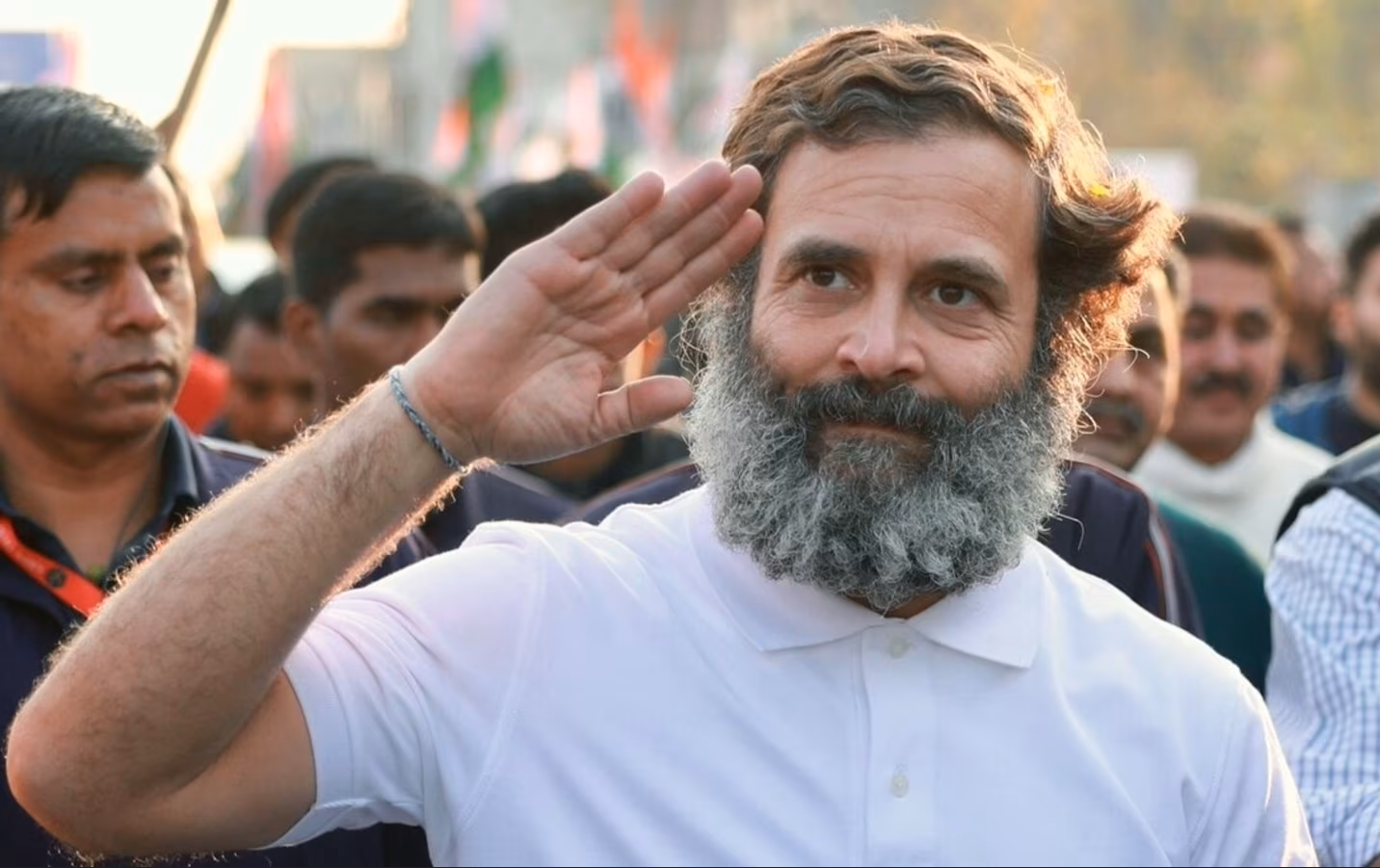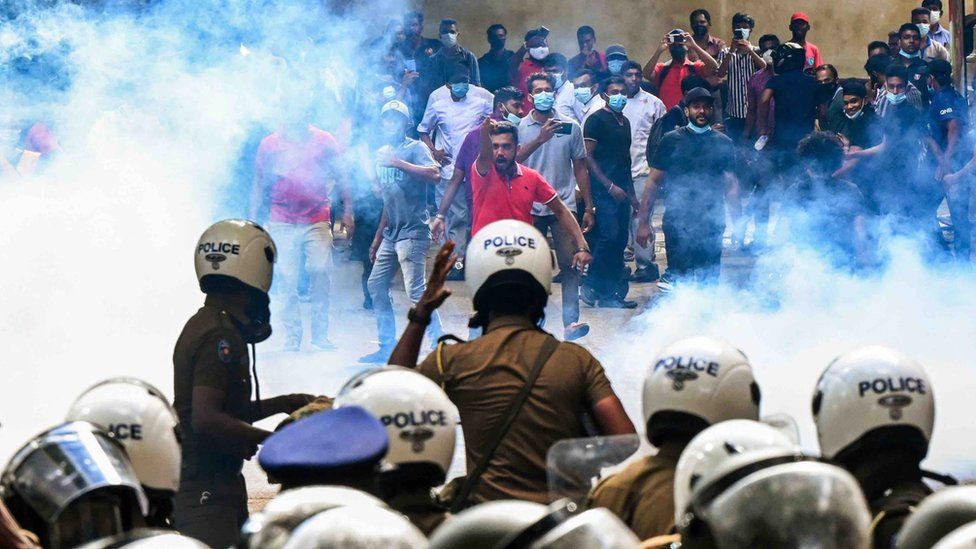18
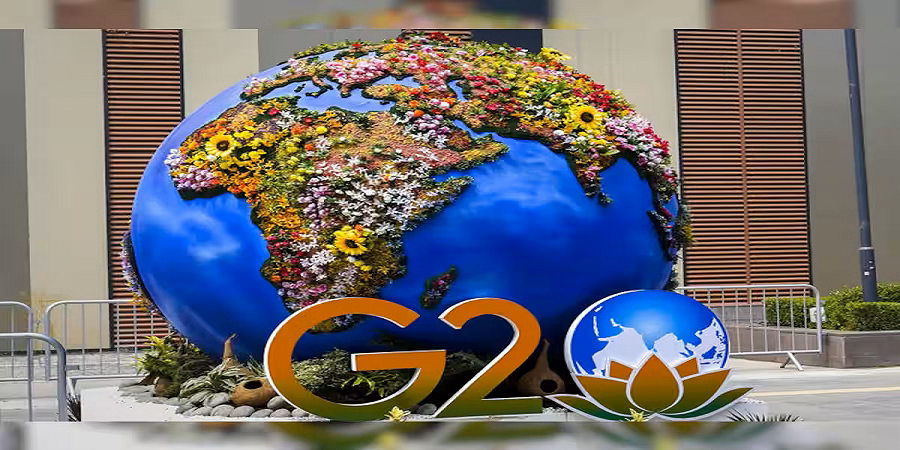
New Delhi, 18, September 2023
UKRAINE GETS BIG AID, RUSSIA CURBS
Shivaji Sarkar

Is the G20 a mega show, has it benefited India? It is rocking the country amid showcasing it as a grand success. The success it was in terms of Indian diplomacy carving out a delicate consensus on the war in Ukraine than against.
India possibly has succeeded beyond that. Ukrainian President Volodymr Zelenskyy is visiting Washington, during the UN General Assembly as the US Congress debates $ 24 billion in military and humanitarian aid for his country as it continues to fight against Russia which the Republications are against.
It follows a bilateral agreement with US President Joe Biden in New Delhi. In a joint statement, the two leaders reiterated their support for building resilient global semiconductor supply chains, noting in this respect a multi-year initiative of Microchip Technology Inc., to invest approximately $300 million in expanding its research and development presence in India and Advanced Micro Device’s announcement to invest $400 million in India over the next five years to expand research, development, and engineering operations in India.
The leaders expressed satisfaction at the ongoing implementation of announcements made in June 2023 by U.S. companies, Micron, LAM Research, and Applied Materials. President Biden reaffirmed his support for a reformed UN Security Council with India as a permanent member, and, in this context, welcomed once again India’s candidature for the UNSC non-permanent seat in 2028-29.
The two moves look different but they are not. The consensus communique facilitates enhanced aid despite the opposition from the opposition Republicans. India gains, the US gains and Russia, despite not being so happy finds little to oppose an Indian move that balances the two powers that are poles apart.
It opens up further ways for Indo-US trade. The US has surpassed China in trade relationships with India. In 2023, India and the US surpass record value of $ 128.78 billion. In 2022, the total bilateral trade between the two countries amounted to $ 119.42 billion. Almost half of it are Indian exports. It changes the global scenario to quote UN Secretary General Antonio Guterres, “It is time for compromise for a better tomorrow. If we want a future of peace and prosperity based on equity and solidarity, leaders have a special responsibility to achieve compromise in designing our common future for our common good”.
Guterres goes further, “I remain determined to do everything possible, to re-establish the Black Sea Initiative, the exports of Ukraine foodstuffs and also to go on, on our work in relation to the facilitation within the sanctions regime of the Russian foods and fertilizer products”.
Meanwhile, the US Treasury and State departments on September 14 announced they were imposing saanctions on more than 150 individuals and entities connected with Russia’s invasion of Ukraine. “With today’s sanctions, the US is continuing our relentless work to target Russia’s military supply chains and deprive Putin of the equipment, technology, and services he needs to wage his barbaric war on Ukraine,” said Secretary of the Treasury Janet L. Yellen. “Today’s actions show our global reach in imposing severe costs on Putin’s oligarchs.”
It could not mean a new world order. Though Guterres says that G20 has made a beginning on sustainable development goals (SDG) but has not exactly cut the emissions though G77 with 134 members is also meeting at Havana, Cuba. India, while claiming to have emerged as the voice of the Global South during its G20 presidency, has decided to scale down its participation at the summit of the largest alliance of developing countries by cancelling the visit of the external affairs minister S Jaishankar to Cuba. The group’s importance is especially noted in the United Nations, where it is the largest bloc of countries with a rotating presidency. India had been the first president of the G-77 in New York. China is not a member of the group, but often aligns politically with the group, so official statements at various multilateral platforms are often labelled ‘G-77 plus China’. India needs to note.
Post G20, the world orders are not easing though Guterres says that is what he aims at with G77 and the “greatest G of all G193 – the High Level Week of the General Assembly”. He says a multipolar world is emerging. It can lead to escalating tensions, fragmentation and worse. Today’s multilateral institutions that were created after the World War II reflect the power and economic dynamics of that and so they need reform.
“The only thing you can be sure is that I remain determined to do everything possible, to re-establish the Black Sea Initiative, the exports of Ukraine foodstuffs and also to go on, on our work in relation to the facilitation within the sanctions regime of the Russian foods and fertilizer products”, Guterres says. But all know his powers are compromised and he would not be able to do much.
In such a scenario, India has also to reassert itself and continue to maintain the balance between the US and Russia. Something, French President Macron told newsmen in New Delhi is not to his liking. He wants to see Russia function. Though Racep Tayyip Erdogan, President of Turkey, said that he was negotiating with Russian President Vladimir Putin and against the system of permanent representative- P5- in UN Security Council, in a question to whether he supported India’s claim to SC. Nor did he approve the India-Middle East-Europe Corridor till Turkey was a part of it. Could there be a route correction?
How is India doing for its own economy? It has 7.8 percent GDP growth in the first quarter. That is not the real growth. The story told by the nominal numbers, however, is very different. The nominal figures track the real numbers until the first half of FY23, but then decline by a whopping 14 percentage points over the past three quarters. This is a narrative of an economy which has decelerated sharply to very modest levels.
The national income accounts suggest that after a strong recovery from the pandemic, there has been a significant ebbing of dynamism over the last three quarters to more modest levels recently.
This suggests that with high debt and even G20 push, policy makers do not have the luxury of being complacent. They have to chart out the path for rapid growth.











































































































































































































































































































































































































































































































































































































































































































































































































































































































































































































































































































































































































































































































































































































































































































































